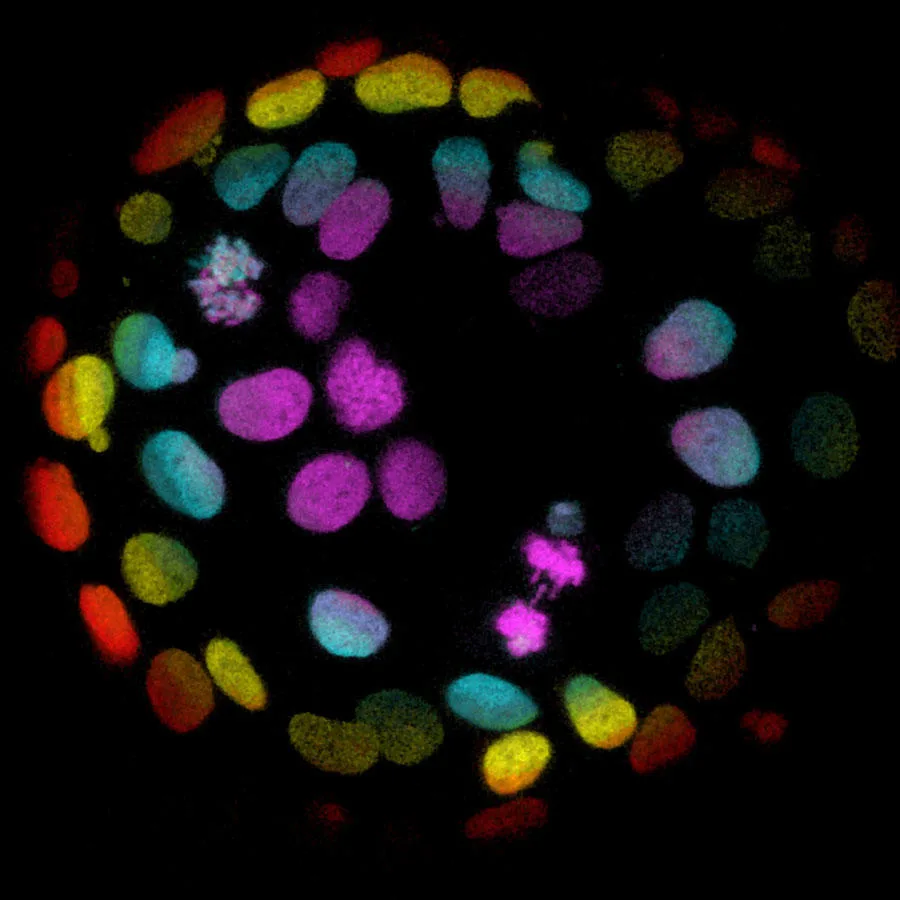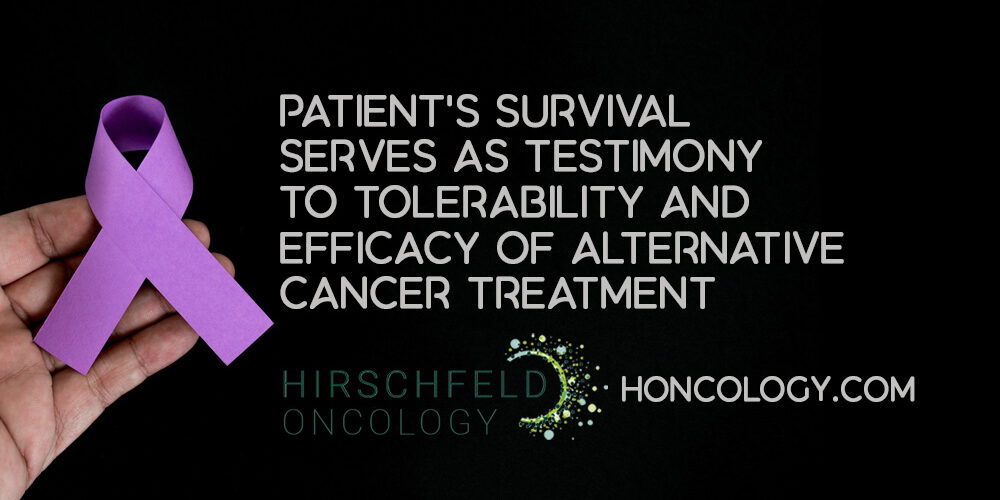Advancements Stage 4 Colorectal Cancer Treatments
Targeted therapies are a type of treatment that specifically target the unique characteristics of cancer cells, leaving healthy cells relatively unharmed. They’re particularly useful for advanced stage cancers like stage 4 colorectal cancer.
Common targeted therapies for stage 4 colorectal cancer include:
- Epidermal Growth Factor Receptor (EGFR) inhibitors: These drugs block the EGFR protein, which promotes cancer cell growth and survival. Examples include cetuximab and panitumumab.
- Vascular Endothelial Growth Factor (VEGF) inhibitors: These drugs target VEGF, a protein that stimulates the growth of new blood vessels that nourish tumors. Examples include bevacizumab and ramucirumab.
- Multikinase inhibitors: These drugs target multiple proteins involved in cancer cell growth and survival. Examples include regorafenib and sorafenib.
- BRAF inhibitors: These drugs target the BRAF protein, which is mutated in some colorectal cancers. Examples include encorafenib and dabrafenib.
- Immunotherapy: Certain types of immunotherapy, such as checkpoint inhibitors, can help the immune system recognize and attack cancer cells.

How these therapies work
- Identifying molecular targets: Researchers identify specific genes, proteins, or pathways that are involved in the development and progression of colorectal cancer.
- Developing drugs: Drugs are designed to interact with these targets, inhibiting their function and preventing cancer cells from growing and spreading.
Benefits to targeted therapies
- Precision medicine: Targeted therapies offer a more personalized approach to cancer treatment, as they are tailored to the specific molecular characteristics of the tumor.
- Reduced side effects: Compared to traditional chemotherapy, targeted therapies often have fewer side effects on healthy tissues.
- Improved outcomes: In many cases, targeted therapies can lead to better outcomes, including longer survival and improved quality of life.
Important considerations
- Not all patients benefit: The effectiveness of targeted therapies can vary depending on the individual patient and the specific type of cancer.
- Combination therapy: Targeted therapies are often used in combination with other treatments, such as chemotherapy or radiation therapy.
- Genetic testing: Genetic testing is often necessary to determine if a patient is a candidate for a specific targeted therapy.

Colorectal cells grown into organoids, stem cell-derived human ‘mini-organs’ that are used to study human development and disease.
Credit: Hubrecht Organoid Technology (HUB)

From the National Cancer Institute | Colorectal Cancer
Advancements Stage 4 Colorectal Cancer Treatments
In addition to standard treatments for rectal cancer, researchers continue to study both new treatments, such as immunotherapies, and new combinations of existing treatments in clinical trials.
One trial is comparing a standard treatment (chemoradiation followed by combination chemotherapy) with chemoradiation followed by combination chemotherapy that includes an additional chemotherapy drug. The goal is to find out whether the additional chemotherapy drug may increase the likelihood of the cancer responding and possibly avoid the need for surgery.
The NCI-sponsored COMMIT study is testing the addition of atezolizumab (Tecentriq) to the combination of chemotherapy and the targeted therapy bevacizumab (Avastin), for treating patients that have defective DNA mismatch repair. The hope is that combining drugs that work in different ways will improve treatment results in patients with colorectal cancer.
Another NCI-sponsored trial is studying whether atezolizumab will improve outcomes in people with earlier-stage disease (specifically, stage III colon cancer) that is deficient in DNA mismatch repair. This trial will compare combination chemotherapy with or without atezolizumab.
For people with locally advanced rectal cancer who have MSI-H cancer, one trial is studying the effects of nivolumab and ipilimumab when given together with short-course radiation therapy.
Using targeted therapies against genetic mutations that may drive tumor growth is another key area of research for metastatic colorectal cancer. The goal is to find agents that can block the activity of the abnormal proteins produced by these mutations. For example:
- The drug encorafenib (Braftovi), which targets the BRAF protein, is approved for the treatment of some patients with colorectal cancer. This drug is used in combination with cetuximab (Erbitux) in adults with metastatic colorectal cancer whose tumors have a certain mutation in the BRAF gene and who have already undergone treatment.
- An NCI-supported trial showed that colorectal cancer that contains mutations in the BRAF gene responds to treatment with the drug vemurafenib (Zelboraf) in combination with cetuximab and irinotecan (Camptosar). Vermurafentib targets mutant B-Raf proteins when combined with these two drugs.
- The NCI-sponsored SOLARIS trial is testing the addition of vitamin D3 to the combination of chemotherapy and bevacizumab for treating patients with metastatic colorectal cancer.
- In January 2023, the Food and Drug Administration (FDA) approved the combination of two targeted drugs, tucatinib (Tukysa) and trastuzumab (Herceptin) for people with advanced colorectal cancer that produces an excess amount of a protein called HER2. (3% or less of people with advanced colorectal cancer have tumors that overexpress this protein.) In the clinical trial that led to the approval, called MOUNTAINEER, more than one third of people who received the drug combination had their tumors shrink or disappear. For another third, tumors stopped growing for some time.
HIRSCHFELD ONCOLOGY
If you or someone you know has stage 4 colorectal cancer, it’s crucial to discuss the potential benefits and risks of targeted therapies with our team. We can help you determine the most appropriate treatment plan based on your individual circumstances.





.png)


.png)
.png)




